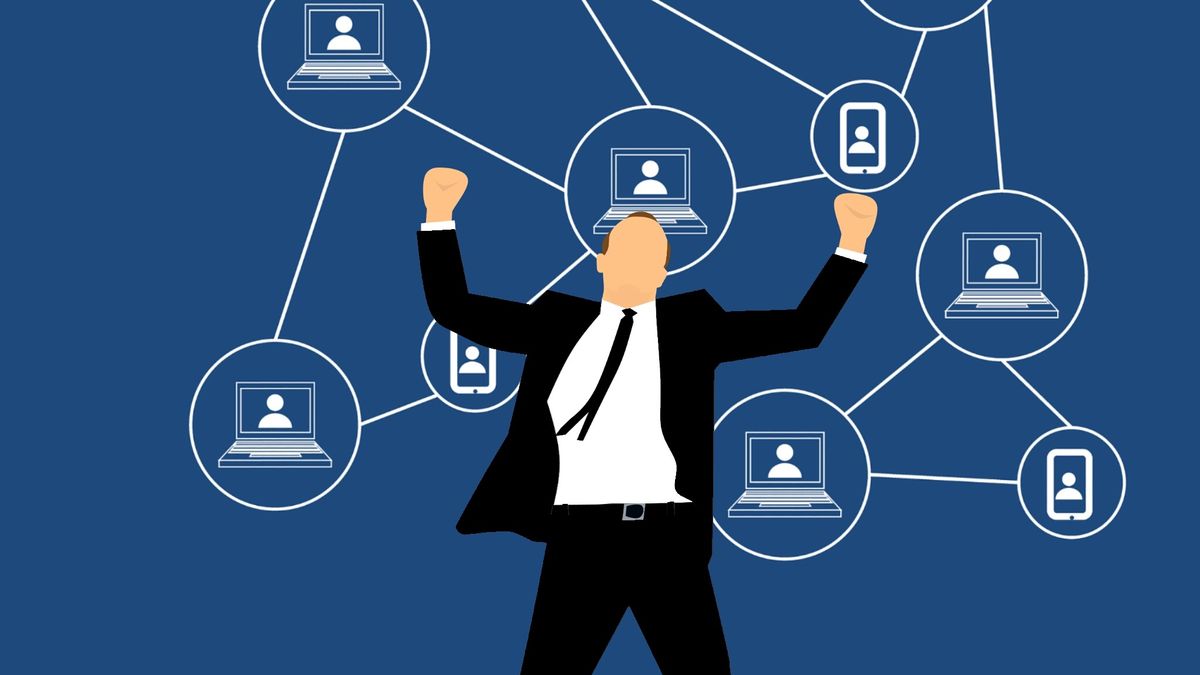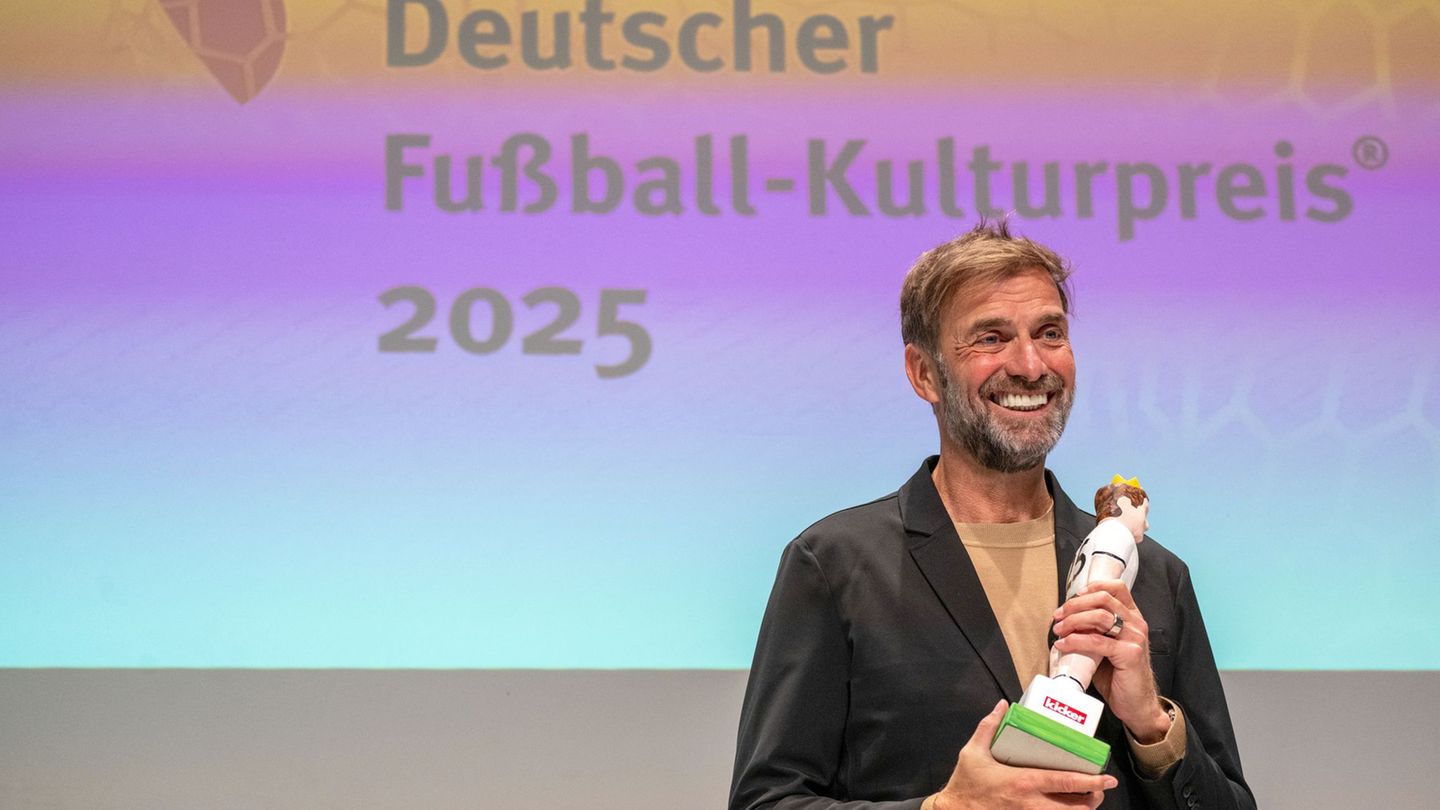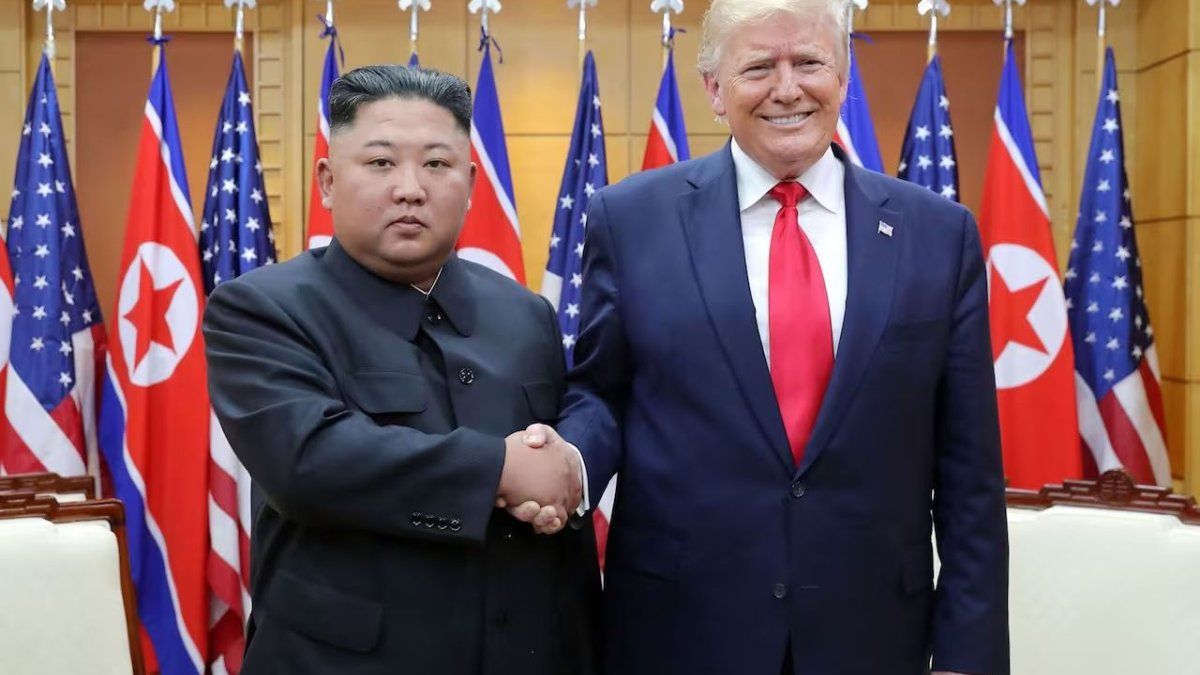The opening of the same was in charge of Sebastián Laino, Director of Services Based on Knowledge of the Ministry of Foreign Affairs, International Trade and Worship of the Argentine Republic. In his words, he highlighted “we find in Argentine entrepreneurs associated with the knowledge economy three factors that I consider to be decisive and different from the rest of the Argentine productive sectors: the first is the global vision they have, a capacity for innovation and creativity that is recognized throughout the world, and the third thing is its collaborative spirit”.
Maximiliano Hinz, Director of Latin America at Binance, participated as the main speaker. The room overflowed with people who attended expectantly to know what the vision for the future of Binance is, a company that today manages the largest cryptocurrency exchange worldwide.
In his position on the future of blockchain technology applied to finance, he said “in history there has not been a technology as reliable as blockchain since it does not fall, it is decentralized and it is scalable because operations can take place without any problem. In Argentina we have a well-known case but people do not know what is done on blockchain: the official bulletin. It is mounted on the Argentine federal blockchain, which is basically a timestamp, anyone can see it but not everyone can write it”.
IMG-8952.JPG
Speaker Paula Monticelli, Co-founder of Cryptomate, for her part, presented her venture as a technology-based crypto infrastructure company that helps other companies develop and expand in the crypto economy and the metaverse, solving technological, regulatory and operational difficulties.
Paula says that “decentralization proposes a new economy and a new functioning of money, and this influences both public and private and even mixed systems. We see new perspectives of how data is handled, how it is transmitted. Institutions are increasingly looking to incorporate blockchain technology and it is definitely a paradigm shift. At Cryptomate we are dedicated to improving infrastructures and thinking about the term interoperability as a basis for thinking about how the two Webs that are present today: 2.0 and 3.0, dialogue. Web 2.0 is the web that we know today of social networks, the one that invites us to generate content and extract it, and Web 3.0, which is the web of the decentralized economy”.
According to her, “when leading agendas, from whatever sector, it is hard to come across denial and resistance. And the fact of being able to be more open, of having the conversations that are necessary, seems incredible to me.”
Juan Pablo Lafosse, CEO & Co-Founder of TravelX, participated in the debate, along with Facundo Díaz, Co-Founder of the same, which is building a distribution protocol based on blockchain designed to create a safer, decentralized travel industry, frictionless, transparent and efficient. The company’s technology enables travel providers to more efficiently manage their inventory, tokenize it into NFTs, and unleash use cases that improve both flexibility for travelers and profitability for providers.
For Facundo Díaz “Web 1.0 was the static web, where you entered a website and you saw it, Web 2.0 is that of interaction and information and the new Web 3.0 that we are experiencing today is the internet of value. They are stages of internet evolution. Web 2.0 today is broken as all internet data is monopolized by five or eight companies. In Web 3.0 and in blockchain, what is built are clear business rules, smart contracts, open protocols so that many actors can continue building on that and space is given to consensus”.
The conference originated to learn from companies that use Blockchain technology with the intention of improving people’s quality of life. At the event, the work being done on improvements in the travel industry, services for the introduction of the world to Web3 technology, NFT art galleries and investment groups, which bet boldly on teams of innovative people and with a inclusive and disruptive vision of society.
Martín González, CEO & Co-Founder of BAG, a blockchain solutions company also participated as a speaker in the panel. As he commented, in December they launched their first product: the ArtBAG marketplace, an art gallery with works in NFT format for Latin American artists with a global reach, and they recently launched their second NFT Tickets product as a B2B business for concerts, shows, matches. football etc.
“Blockchain, in addition to giving us advantages of transparency, traceability and decentralization, removes the need to have a trusted third party in transactions, today for a transaction to be carried out from one country to another, only the blockchain code is needed. This technology avoids friction and provides security, that is the great revolutionary leap”.
Andrew Piscione, leader of the crypto team of the important United States investment fund Valor Capital Group and Ambassador of the Global Blockchain Business Council, a leading non-profit association in the blockchain ecosystem at an academic and global level, also attended the debate. In his presentation, he highlighted “with more data that helps us understand the behavior of human beings, we can understand what problems we must solve. I believe that the value that blockchain brings in any sector is the ability to bring information from the data that we get from what human beings do on a daily basis and manage it in a way that is secure and resilient.”
The conference was organized by the production company Diplomacy Creative and had the support of the Association of Graduates of the University of San Andrés.
Source: Ambito
David William is a talented author who has made a name for himself in the world of writing. He is a professional author who writes on a wide range of topics, from general interest to opinion news. David is currently working as a writer at 24 hours worlds where he brings his unique perspective and in-depth research to his articles, making them both informative and engaging.




